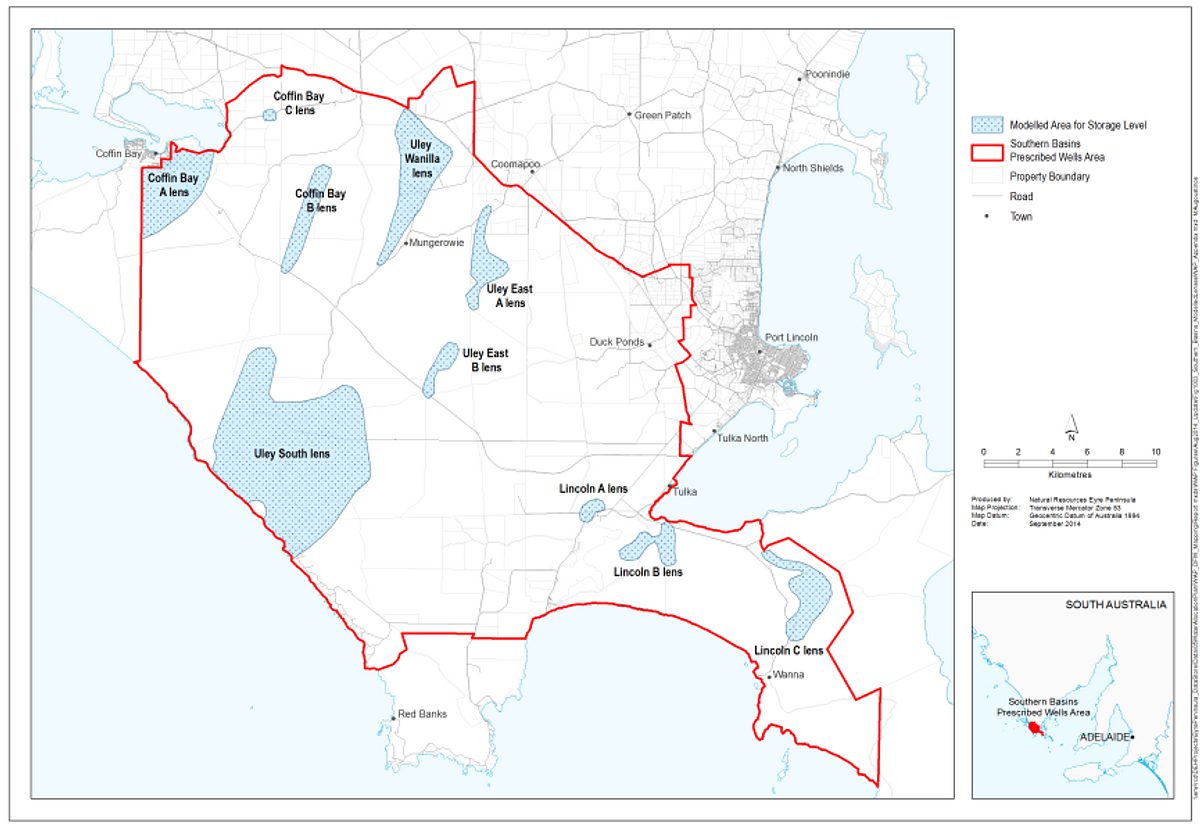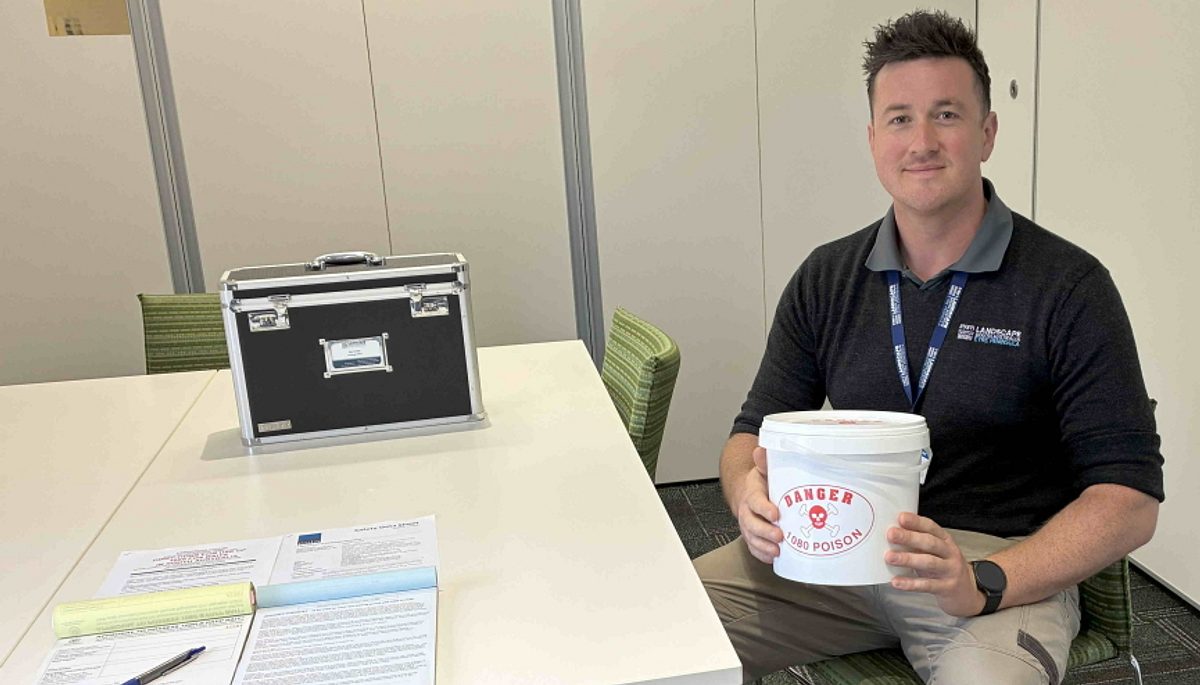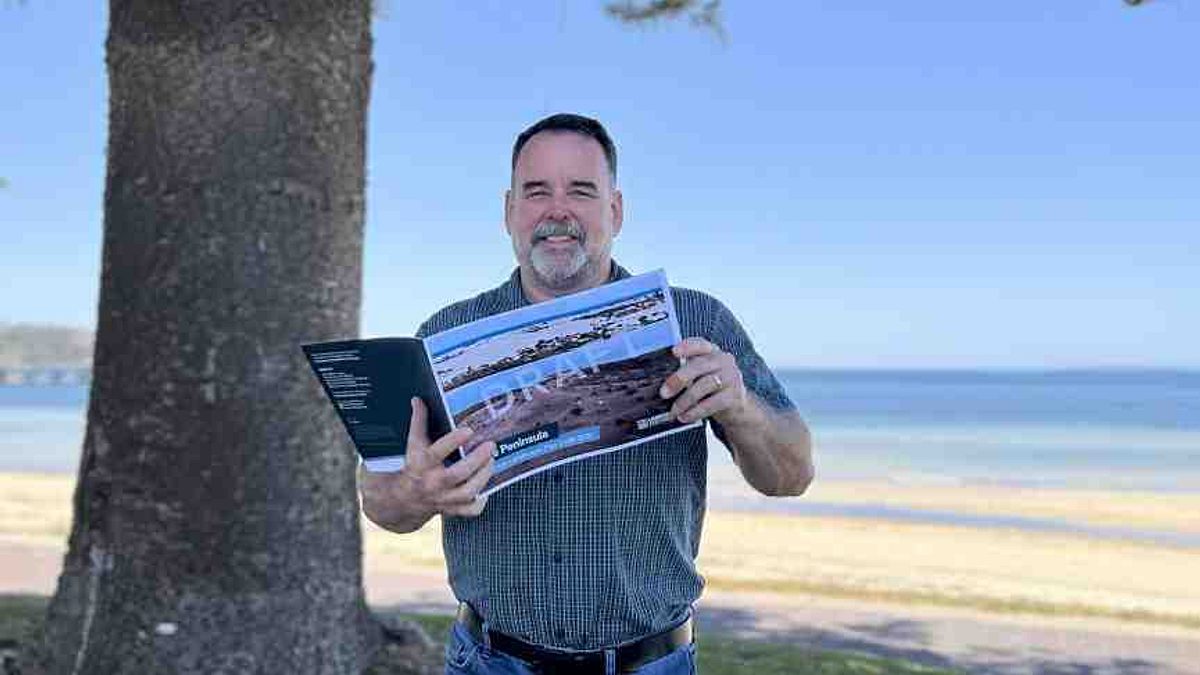Urgency for alternative water source for Eyre Peninsula
Recent analysis of the state of Eyre Peninsula’s underground water sources has confirmed the urgency required to secure the region’s future water security.
Despite several years of La Nina weather patterns, rainfall has not resulted in sufficient aquifer recharge to see recovery in water levels.
The Uley South Basin, which supplies the majority of water used across EP including in homes and industries such as agriculture and mining, recorded water levels ‘below’ or ‘very much below average’ in almost half of its wells during the past 12 months.
This trend has been observed in other groundwater resources across the region, including the Robinson Lens near Streaky Bay, the Polda Lens and Bramfield Lens near Elliston, and the Lincoln Basin and Uley Wanilla Lens. Downward trends are being observed in aquifers regardless of whether they are being extracted from or not.
The Eyre Peninsula Landscape Board is responsible for developing and maintaining the water allocation plan that regulates how much water can be taken from the prescribed groundwater resources.
Eyre Peninsula Landscape Board General Manager Jonathan Clark says he is concerned with current reports.
“Following several years of La Nina weather patterns, we hoped to see a significant increase in groundwater levels, but this has not been the case,” Mr Clark said.
“These results reinforce the urgency required to secure an alternative water source for the Eyre Peninsula that will provide communities with immediate certainty.”
The latest data shows long-term rainfall is decreasing, despite 2021 and 2022 being well above average. The ongoing impacts of climate change are projected to cause lower rainfall, reduced groundwater levels and increased salinity.
“An alternative water source is urgently needed for the Eyre Peninsula. Time is fast running out and we cannot continue to spend more years deliberating the merits of a range of solutions. Decisive action is required now, before we lose this critical resource forever,” Mr Clark said.
“Managed sustainably, Uley South can continue to be an important contributor to the region’s water supply, as it is a large and robust resource. If, however, it is over-extracted, it is at risk of irreversible damage through the ingress of seawater into the aquifer.
“This further justifies the urgent need to augment the supply from the Uley South Basin with a non-climate dependent source such as desalination. Not taking action could have a widespread, devastating and irreversible impact on Eyre Peninsula communities.”
In addition to the Uley South Basin, water is also extracted from other smaller fresh underground lenses. Due to low groundwater levels and increasing salinity, these lenses will likely be decommissioned in coming years.
“A combination of the need to protect the long-term sustainability of the Uley South Basin, the imminent loss of the existing diversity of supply from Lincoln and Uley Wanilla lenses, plus the latest El Nino and climate change predictions have left us in a precarious position,” Mr Clark said.
“The longer the delay in obtaining a climate independent source of water, the greater the risk of damage to the Uley South Basin, leaving the region with very few alternative options for securing drinking water supplies to our communities, businesses and agricultural enterprises.”



